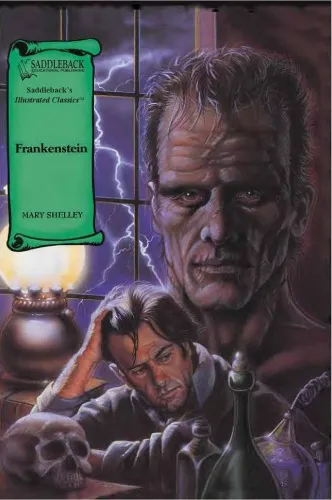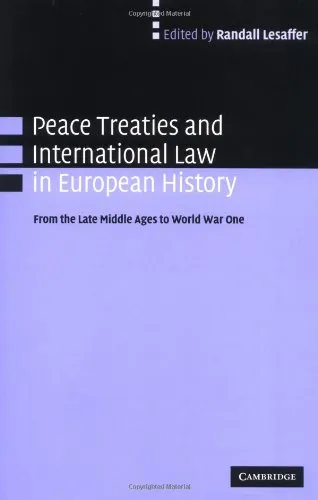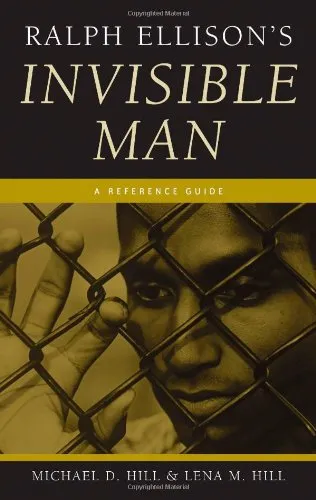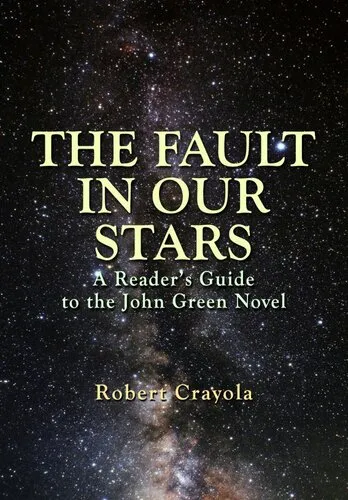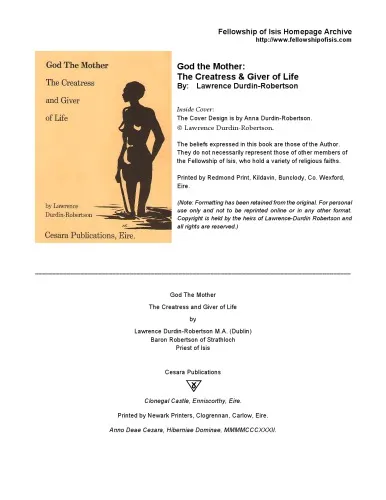Frankenstein (Illustrated Classics)
4.0
Reviews from our users

You Can Ask your questions from this book's AI after Login
Each download or ask from book AI costs 2 points. To earn more free points, please visit the Points Guide Page and complete some valuable actions.Related Refrences:
Introduction to "Frankenstein (Illustrated Classics)"
When Mary Wollstonecraft Shelley penned "Frankenstein; or, The Modern Prometheus" in the early 19th century, she laid the groundwork not only for a new genre of literature but also ignited enduring debates about ethics in science and the nature of humanity. In this "Illustrated Classics" edition, the haunting tale of Dr. Victor Frankenstein and his monstrous creation comes to life more vividly than ever, combining timeless prose with captivating illustrations.
Detailed Summary of the Book
"Frankenstein" unfolds as a narrative within a narrative, beginning with the letters of Captain Walton, a seafarer who encounters the weary Dr. Victor Frankenstein in the Arctic Circle. Victor recounts his harrowing story to Walton, describing his youthful ambition and the dire obsessions that drove him to conquer the secrets of life and death. Upon animating lifeless matter, Frankenstein beholds not a human marvel but a monstrous aberration. His creation, spurned by society and his creator, embarks on a quest for vengeance against Victor, resulting in a tragic chain of events that questions who the real monster is.
The tale of "Frankenstein" is laden with philosophical reflection, emphasizing themes such as unchecked ambition and the consequences of man's pursuit of power. Shelley's narrative warns of the perils that come when man tries to transcend the natural order, presenting a complex interplay between creator and creature that culminates in mutual destruction and despair.
Key Takeaways
- Scientific Responsibility: Shelley's novel explores the depths of ethical responsibility in scientific exploration, prompting readers to consider the implications of playing god.
- Isolation and Alienation: The creature’s tragic existence underscores the devastating effects of social rejection and isolation, themes that resonate deeply in the modern psyche.
- The Duality of Man: The interplay between creator and creature highlights the dual nature of human endeavor, where noble intentions can birth unforeseen horrors.
Famous Quotes from the Book
“Beware; for I am fearless, and therefore powerful.”
“I ought to be thy Adam; but I am rather the fallen angel, whom thou drivest from joy for no misdeed.”
“Nothing is so painful to the human mind as a great and sudden change.”
Why This Book Matters
Mary Shelley’s "Frankenstein" is more than just a chilling tale of science gone awry; it is a profound commentary on the human condition and the limits of technological innovation. The novel’s complex themes and timeless narrative continue to inspire and challenge readers and thinkers alike, making it an essential component of literary study.
Its rich, gothic atmosphere and intricate illustrations in the "Illustrated Classics" edition enhance the novel's storytelling, offering a fresh perspective that both newcomers and long-time fans can appreciate. As we advance further into an age of rapid technological change, Shelley's warnings on the ethical considerations in scientific pursuit remain poignantly relevant, urging us to reflect on the legacies we wish to create.
Thus, "Frankenstein" endures not merely as a novel but as an essential discourse in morality, responsibility, and the eternal struggle between creator and creation.
Free Direct Download
You Can Download this book after Login
Accessing books through legal platforms and public libraries not only supports the rights of authors and publishers but also contributes to the sustainability of reading culture. Before downloading, please take a moment to consider these options.
Find this book on other platforms:
WorldCat helps you find books in libraries worldwide.
See ratings, reviews, and discussions on Goodreads.
Find and buy rare or used books on AbeBooks.
1740
بازدید4.0
امتیاز0
نظر98%
رضایتReviews:
4.0
Based on 0 users review
Questions & Answers
Ask questions about this book or help others by answering
No questions yet. Be the first to ask!
